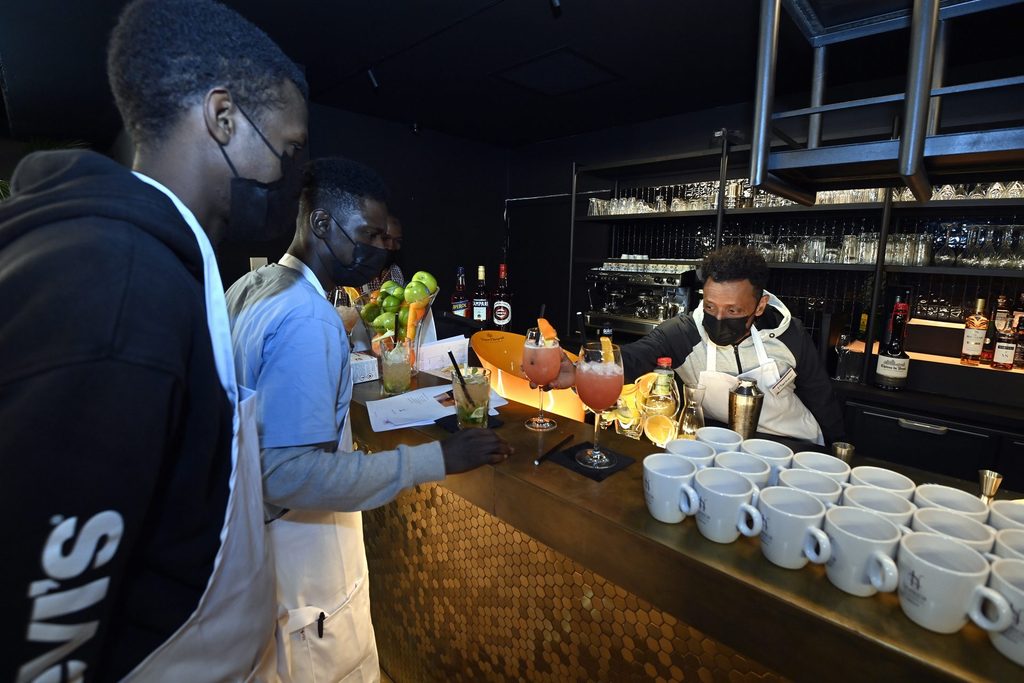Asylum seekers who are employed and staying in reception centres will have to give away up to half of their wages to help pay for the cost of their stay.
A scheme for a "fair contribution" was announced by State Secretary for Asylum and Migration Nicole de Moor earlier this year, and it has now been worked out in a Royal Decree which is on the agenda of the Council of Ministers on Friday. If the decree is approved, the measure will come into place from next year.
"It is only fair that asylum seekers who have their own income share in the costs of their reception," said de Moor, who has pushed forward various measures to ensure asylum seekers find jobs during their stay in Belgium.
The amount that working asylum seekers will have to contribute to their reception will depend on their income. Scales will be used, with the contribution as a percentage of net pay rising with monthly income, starting from 35% for wages over €265.
For example, an asylum seeker earning €900 net will pay €222.25 per month. However, those who do not self-declare their income will later have to pay a higher contribution of 50% on gross wages for this. "This principle is similar to the tax system: those who do not declare income will pay a higher contribution for it," de Moor said.
Stricter system
The possibility of making asylum seekers pay contributions for their reception has already been provided for in legislation since 2011. However, previous governments did not carry out systematic checks.
The new RD would make it possible for checks to be carried out by structural cooperation between Fedasil and the Crossroads Bank for Social Security, which enables the exchange of data on working asylum seekers. If the person in question still refuses to pay his contribution, the reception centre may decide to curtail its services for the person concerned, or as a last resort exclude that person from reception.
According to de Moor, around 10,000 asylum seekers had their own income in 2022, supposedly highlighting their desire to work. If the contributions system had already been in place, this would have resulted in the Federal Government receiving an estimated €2.3 million per month in contributions.
Recognised refugees who are in the reception network will be exempted. "It is important for them to be able to save in order to be able to pay a rent deposit on the private rental market afterwards, for example," de Moor noted. The exemption also applies to minor asylum seekers with student jobs. Asylum seekers who have long-term employment and sufficient income not to depend on a reception centre will be encouraged to leave the reception network and find their own accommodation.
Related News
- Italy demands €5,000 from rejected asylum-seekers to avoid detention
- Asylum reception crisis: Academics denounce 'flagrant disregard' for rule of law
The measure is sold by de Moor as a win-win situation, both for companies looking for extra help and for the asylum seekers who can "gain experience and learn our language".
The move comes ahead of what is predicted to be another harsh autumn and winter for asylum seekers in Belgium, which is still failing to solve the reception crisis and provide shelter for all people seeking refuge in the country.

